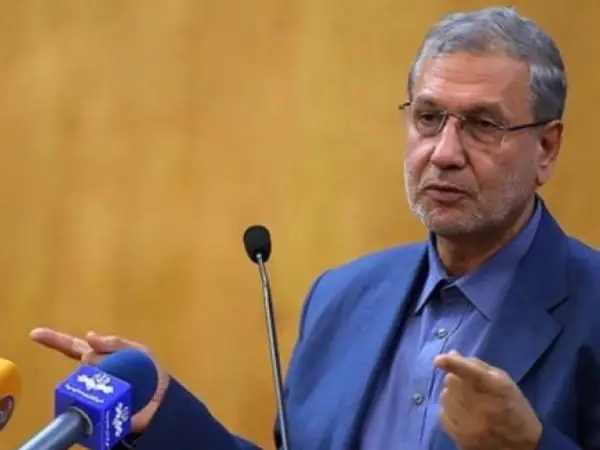Iran's conservatives appear to have split into two groups, one welcoming a new nuclear deal and the other arguing it cannot be a magic wand for Iran's economy.
Conservative Foreign Policy Expert Jalal Khoshchehreh said in an interview on Thursday that hardline conservatives in Iran are preparing to blame whatever falls short of their demsands on Iran's previous government if the new deal is different from what President Hassan Rouhani's government had achieved in its negotiations with the West between April and June 2021.
Khoshchehreh explained hardline, or in his word, radical conservatives are pretty much sure that a deal is being made with the United States. On Wednesday, lawmakers at the Iranian parliament said that they had been briefed by top security, nuclear and foreign policy officials who told them that major hurdles on the way of an agreement have been removed and the United is weighing Iran's final response.
The analyst cautioned however that radical conservatives are getting ahead of themselves and setting the stage for the post-agreement developments, a situation in which both Tehran and Washington have made compromises.
Meanwhile, the former head of the Iranian parliament's Foreign Policy and National Security Committee Heshmatollah Falahatpisheh described the differences among various Iranian conservatives over a new deal as a sham fight.
Referring to tough positions taken by some hardliner conservatives such as the editor of hardline daily Kayhan, Hossein Shariatmadari, who said on Thursday there no US guarantee is trustworthy, or conservative politician Mansour Haghighatpour, who has spoken about disciplining the United States, Falahatpisheh said that "Obstructionism has already started against a new deal. Had an agreement been reached earlier, it would have been working by now. Nonetheless, everyone in Iran and America should welcome any move toward reducing tensions no matter when this move starts."
He said that "Iran's response indicates Tehran's acceptance of [EU’s Josep] Borrell's proposal. Tehran only needs to make sure that Washington's promises about [lifting] the sanctions are spelled out in the text of the agreement."
In another development, former Iranian government spokesman Ali Rabiei said in a commentary published by reformist daily Etemad that "It is wrong to believe signing an agreement will improve everything in Iran. This is a trap we should not fall in. An agreement simply removes the barrier on the way of moving ahead. But going forward needs prudent policymaking and efficiency."
He acknowledged that everybody in Iran seems to be happy about reaching an agreement as they think the country's has moved in the right direction. Rabiei added that as a result, the former opponents and supporters of a deal have reached a common understanding. But still, they will have two different approaches in the post-agreement situation. One group will limit the outcome to selling more oil and getting more money to survive and improve the current situation. However, the right approach is using the agreement as a first step to end Iran’s isolation from the world economy and to reconstruct and expand the country's infrastructure by investing in development.
The former official then opined that "the confrontation between these two approaches is the first challenge Iran will face in the post-agreement situation. Meanwhile, officials should prepare the country's banking system for the new reality…pave the way for foreign investment and strengthen the private sector."
